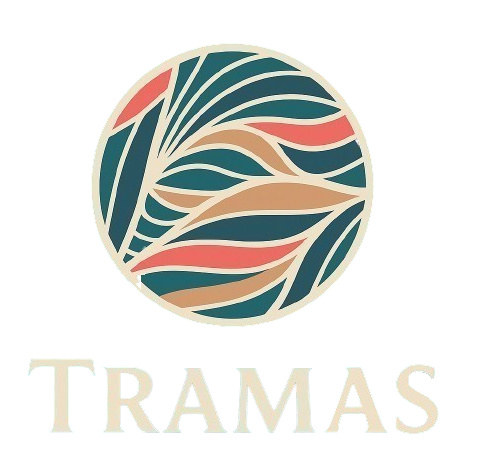Turning evidence into practical strategies for communities and policymakers
In today’s interconnected world, access to reliable data is no longer the main challenge—what matters is the ability to translate that data into meaningful action. This is where medical-social consulting plays a critical role. By combining research expertise with practical frameworks, consultants transform complex evidence into strategies that improve both health outcomes and social well-being.
Medical-social consultants often collaborate with universities, public institutions, and NGOs to design and implement research projects. These projects go beyond collecting numbers; they aim to understand lived experiences and connect them to structural factors shaping health. Quantitative data is paired with qualitative insights, ensuring a holistic understanding of the issues at hand.
One key area of work is policy translation. Policymakers frequently face the challenge of interpreting technical reports and deciding how findings should guide action. Consulting teams bridge this gap by preparing policy briefs, accessible reports, and visual tools that simplify complexity without losing scientific rigor. The result is evidence that is not only robust but also usable by decision-makers.
Another important contribution lies in capacity-building. Consultants provide training sessions, workshops, and participatory spaces where organizations and communities learn how to engage with data. This empowerment ensures that knowledge does not remain confined to experts but becomes a shared resource for social transformation.
Examples of this approach can be seen in projects addressing migration and education. By analyzing inequalities in access to education among migrant children, consultants have helped governments and NGOs design targeted interventions that improve both learning outcomes and community integration. Similarly, in public health, evidence-based strategies have supported vaccination campaigns and mental health initiatives tailored to vulnerable groups.
The added value of consulting is the ability to combine methodological rigor with a strong ethical commitment to equity. This ensures that data is not only collected and analyzed, but also used to promote justice, inclusiveness, and sustainable impact.


